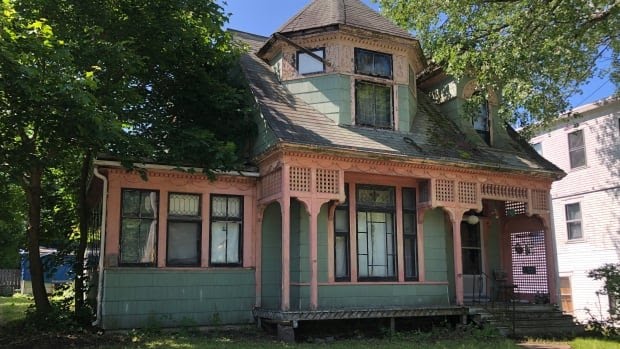this post was submitted on 24 Jun 2023
64 points (100.0% liked)
Canada
7185 readers
274 users here now
What's going on Canada?
Communities
🍁 Meta
🗺️ Provinces / Territories
- Alberta
- British Columbia
- Manitoba
- New Brunswick
- Newfoundland and Labrador
- Northwest Territories
- Nova Scotia
- Nunavut
- Ontario
- Prince Edward Island
- Quebec
- Saskatchewan
- Yukon
🏙️ Cities / Local Communities
- Calgary (AB)
- Edmonton (AB)
- Greater Sudbury (ON)
- Halifax (NS)
- Hamilton (ON)
- Kootenays (BC)
- London (ON)
- Mississauga (ON)
- Montreal (QC)
- Nanaimo (BC)
- Oceanside (BC)
- Ottawa (ON)
- Port Alberni (BC)
- Regina (SK)
- Saskatoon (SK)
- Thunder Bay (ON)
- Toronto (ON)
- Vancouver (BC)
- Vancouver Island (BC)
- Victoria (BC)
- Waterloo (ON)
- Winnipeg (MB)
🏒 Sports
Hockey
- List of All Teams: Post on /c/hockey
- General Community: /c/Hockey
- Calgary Flames
- Edmonton Oilers
- Montréal Canadiens
- Ottawa Senators
- Toronto Maple Leafs
- Vancouver Canucks
- Winnipeg Jets
Football (NFL)
- List of All Teams:
unknown
Football (CFL)
- List of All Teams:
unknown
Baseball
- List of All Teams:
unknown - Toronto Blue Jays
Basketball
- List of All Teams:
unknown - Toronto Raptors
Soccer
- List of All Teams:
unknown - General Community: /c/CanadaSoccer
- Toronto FC
💻 Universities
💵 Finance / Shopping
- Personal Finance Canada
- BAPCSalesCanada
- Canadian Investor
- Buy Canadian
- Quebec Finance
- Churning Canada
🗣️ Politics
- Canada Politics
- General:
- By Province:
🍁 Social and Culture
Rules
Reminder that the rules for lemmy.ca also apply here. See the sidebar on the homepage:
founded 3 years ago
MODERATORS
you are viewing a single comment's thread
view the rest of the comments
view the rest of the comments


Vacant home taxes can work if they are serious numbers. I want to see a vacant home tax at 25% of the property value annually.
No issue there, but why just vacant homes? Why are we not taxing all non primary homes when so many people who want and should be able to afford a primary home, cannot?
Any tax that targets landlords will simply be passed on to the tenants, making rent more expensive.
Vacant building taxes seem to me to be a more effective tool to increase housing availability.
In Winnipeg there are some very visible buildings that have dozens of apartments that have been boarded up for years. The owner is a speculator in another city who refuses to do anything with the buildings. It's just sitting there falling into disrepair.
the pass off to tenants are simply not true, there is a threshold and after that threshold buying a home is cheaper than renting. And not occupied rental unit is actually "expensive" to the landlords, so they will be forced to sell.
There are many things that affects how that would be applied, and the fall out of how you implement such tax.
Simply untrue, if a landlord has to pay more tax on a non-primary residence, they're going to have to rent it out for far more than a mortgage payment would cost a first time home buyer, meaning that the first time home buyer will have an easier time justifying outbidding them at sale time.
Also impossible for a landlord to pass that on in any property that is rent controlled with long term tenants, likely forcing them to sell their second and third homes, putting more on the market and driving prices down.
Not a bad idea, so long as the secondary property has utility. I'm thinking cottagers and those with Cabins in the woods can be taxed out of their long weekend/summer stays, but it doesn't add to where homes are needed.